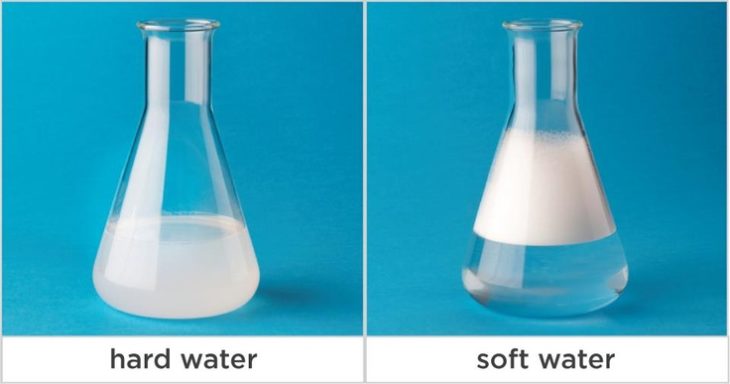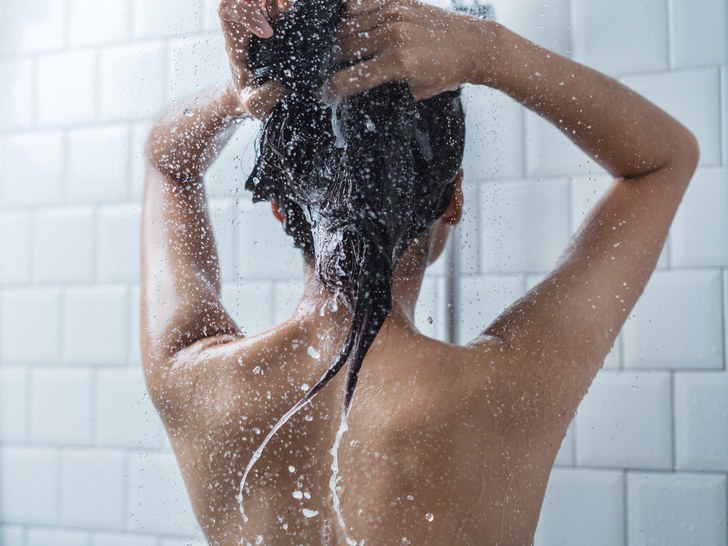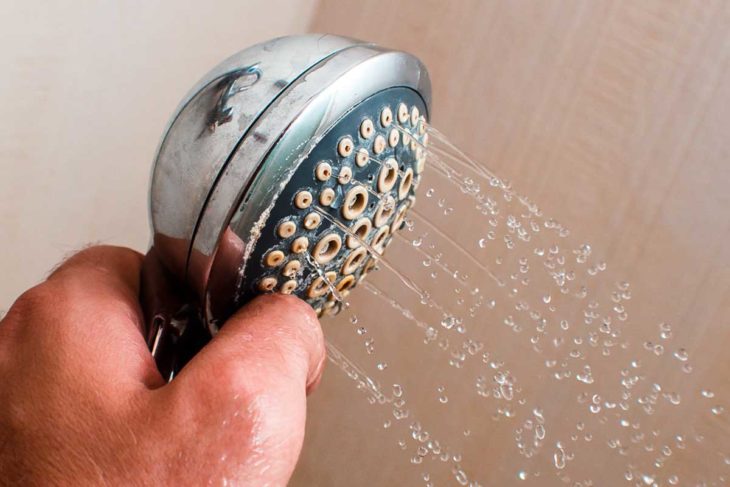As women, our skin and hair are two of our most defining attributes. They are the essence of our physical beauty that cannot be diluted or ignored. The first bodily traits we notice in the mirror. A reflection of ourselves.
That’s probably why most of us, grown-ass women, would steal from our grandmas’ purse to keep these precious features looking radiant and healthy. That means buying the most expensive Shea Butter skin lotions and anti-dandruff shampoos or anything that sounded different or had some unusual ingredients (like worm and bird poop). Then eventually, we realize it was not all about the truckloads of fancy beauty products after all, but removing “hardness” from our water supply.
Wherever your water comes from, there’s a good chance that you may experience their hardness. But what does it mean for your water to be “hard?” In a nutshell, hardness is one that contains a high level of calcium and magnesium. You know, like the calcium that gives you strong bones?
Hardness can damage your central heating systems and appliances and definitely won’t leave your skin and hair untouched. Yeah, someone had to say it.
Since you are the “Boss Lady” of the household, let’s dig deeper into how it affects your grooming, plumbing fixtures, and appliances.

Source: COTC
Contents
But How Do I Know If My Water is Hard?
You know you have a problem when white chalky stuff builds up around your pipes, faucets, sinks, and showerhead; your soaps or shampoos don’t lather well (even the most expensive ones); your laundry feels dingy and stiff; your dishes look cloudy when they come out of the dishwasher; and your hair and skin feel dry and itchy after you have taken a shower or a bath.
What Does It Do to My Hair?
When you repeatedly wash your hair, the dissolved minerals in the water (calcium, magnesium, lead, copper, iron, etc.) stick to the surface of your hair, causing unwanted buildup, discoloration, and brittleness. Essentially, the hardness makes it difficult to create a good lather and to rinse your hair. As you already know, not rinsing your hair properly can leave behind some nasty-looking soapy film in your scalp. What you probably didn’t know is that the residue left behind can prevent any moisture from entering the hair. And the result? Your hair looks dry, dull, tangled, and lifeless. Also, it causes hair loss, thinning, breakages, eczema of scalp or dandruff, split-ends, graying of hair, and can cause color-treated hair to fade quicker.
It’s heartbreaking, I know. The good news is that there are ways to reduce or remove the hardness…which we shall get into later on.

Source: Pinterest
Sigh, What About My Skin?
Simply bathing or showering in hard water may cause dry skin and redness. When the calcium settles on your skin, it alters your oil chemistry, which affects the skin’s ability to moisturize itself. The main problem is that the soaps and detergents we use on our skin combine with the hardness minerals, then clogs our pores, making the soaps much harder to wash away. This leaves your skin feeling dry and sticky from the soap residue. The clogged pores can then lead to acne breakouts, pimples, eczema, blemishes, rashes, itching, and other secondary skin irritations.
Stay strong!
Effects on Plumbing and Appliances
Even your home, your haven from life’s many burdens, your place of peace, is susceptible to the terrors of hard water. When it runs through your household appliances like dishwasher and washing machines, the outcome is horrifying. Soon, you’ll notice that your clothes, towels, and sheets are dingy and stiff, and your dishes and tableware look cloudy with spotty residue all over. As for your actual plumbing, it can cause limescale buildup in your pipes and eventually clog them, and damage your central heating systems and other appliances. You’ll probably have to break the bank to repair those. You’ll certainly need more than what’s in your grandma’s purse this time around.

Source: White Water
What Can I Do About Hard Water?
While we may not be able to avoid or change the hardness minerals, investing in a softening system can eliminate the problem, so you can continue living your best life. These systems significantly reduce the mineral content, leaving you with soft water throughout your entire home. Say bye-bye to dry hair and skin, and say hi to healthy, bouncy hair and glowing skin. You glow girl!
Now, take these steps to address the problem…effectively:
- Get an in-home test to determine the actual level of hardness minerals. Or request a quality report from your local water provider.
- Check out www.springwellwater.com for their top-rated salt-free softener system. (Low maintenance and easy to install)
- Call your local plumber or husband/man and put it on their “honey-do” list to install it. Should take less than 2 hours to install by the way.
Remember that not all water is created equal, whether you’re on city water or a private well, choosing the right system is just a click away.
